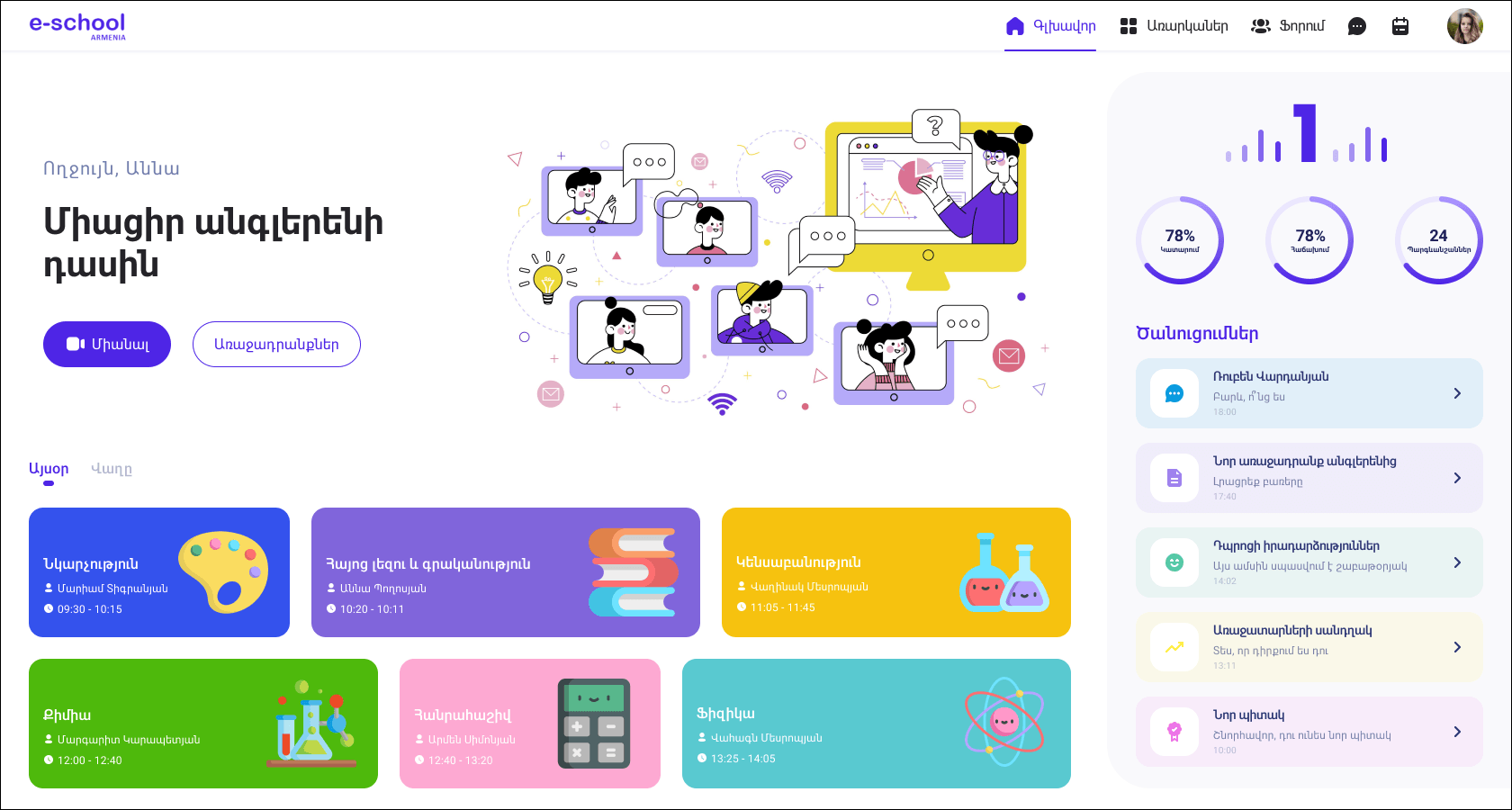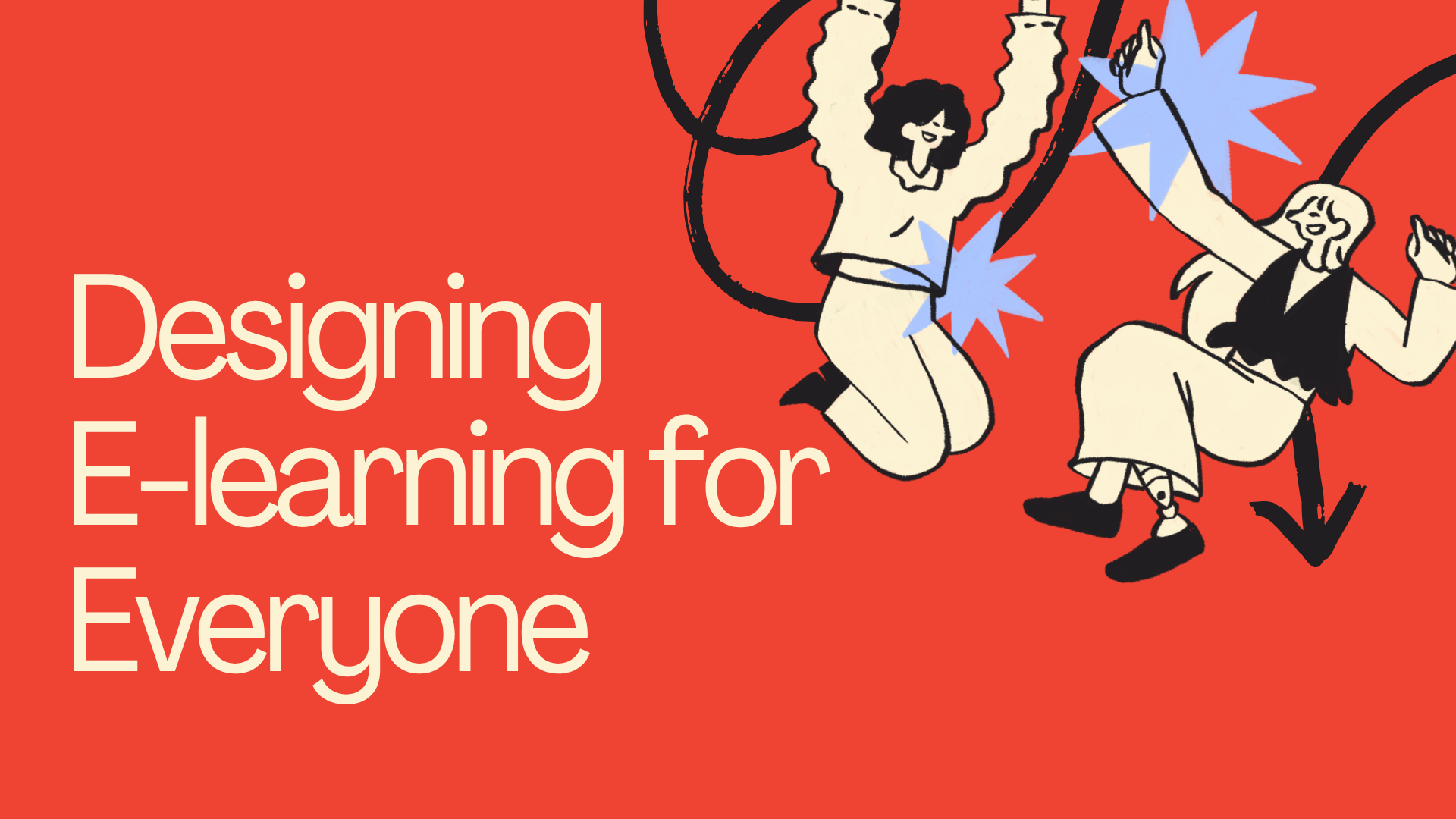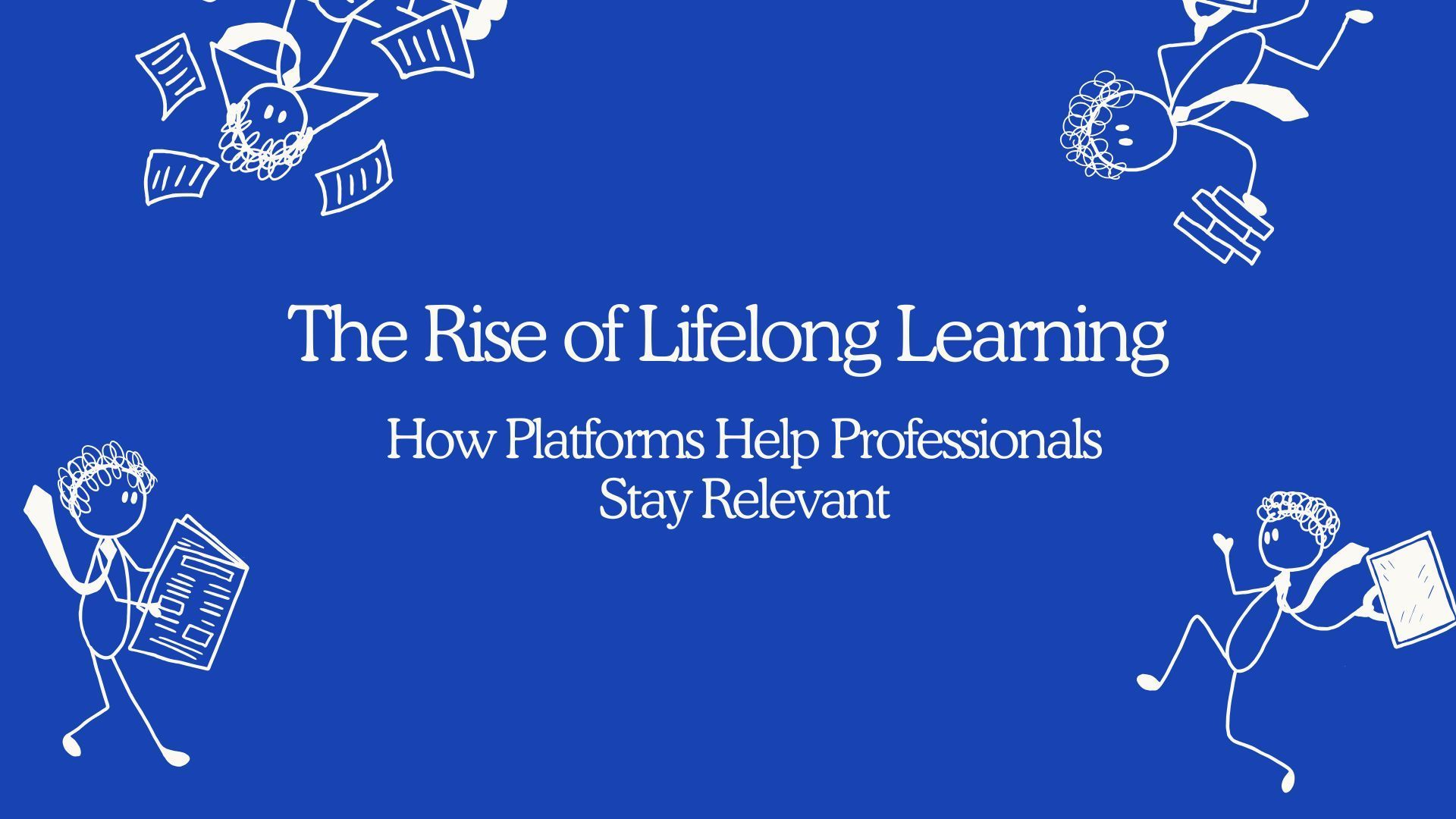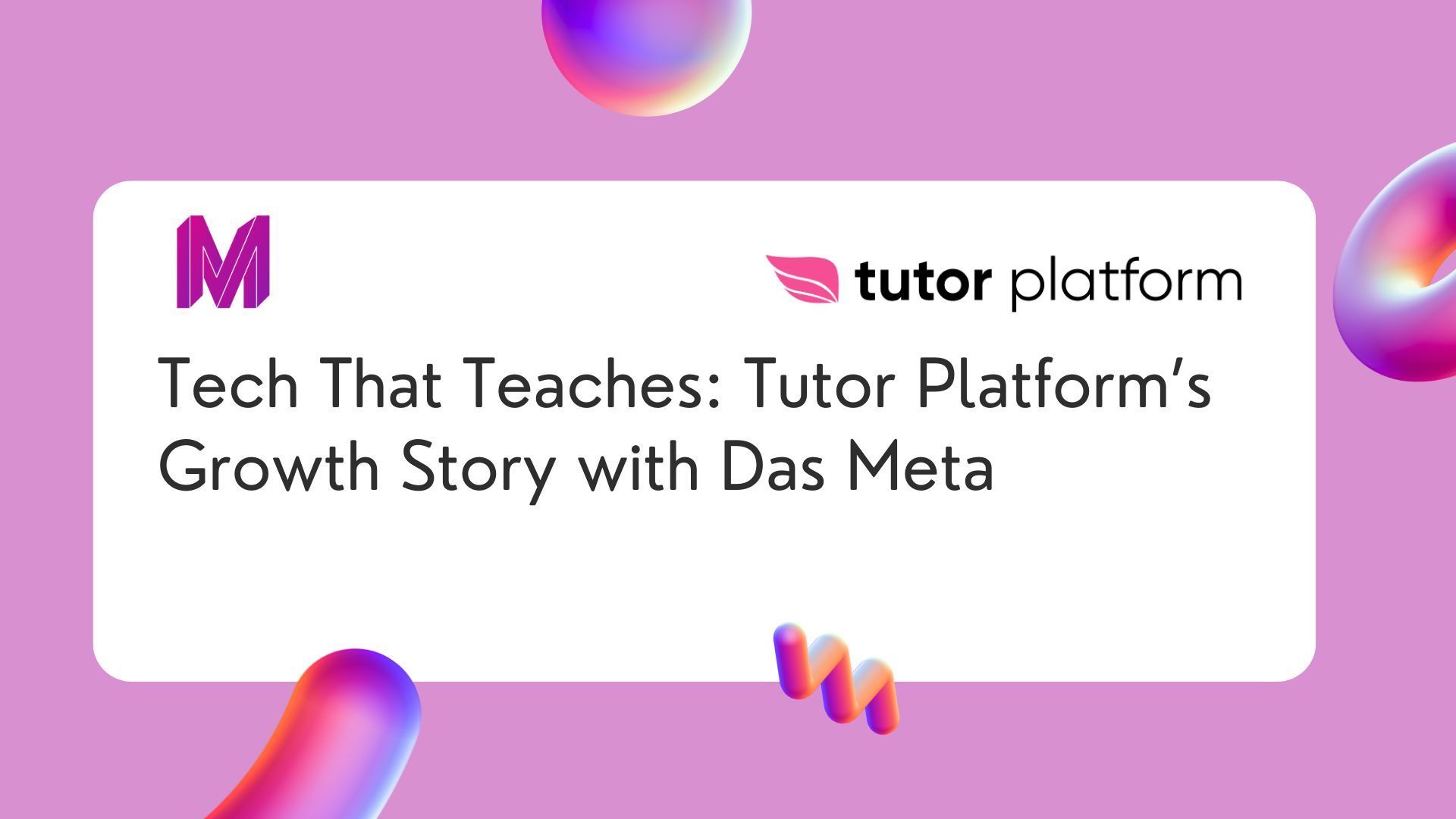
We are excited to share the good news of "E-school Armenia's" launch! A project Tutor Platform developed in cooperation with Future Solutions Armenia, Asian Development Bank and The Ministry of Education, Science, Culture and Sports of the Republic of Armenia.
The idea was to create a platform that would help build resilience towards outside events and obstacles that might work against the continuous nature of learning. The platform now allows participants to continue teaching and learning, even when faced with lockdown, like the case was with Covid-19. The platform is also helpful for learners with mobility issues, as well as learners who have no schools nearby.
The distance education resilience project aimed to develop a distance learning platform, make legislative and institutional improvements, build capacity and develop corresponding content. The efforts resulting in the project's year-long completion encompassed the analysis of current legislation, numerous meetings with mentor-school directors, NCEDI, NCET and MESCS representatives.
80 teacher-ambassadors and 18 mentor-schools were trained on how to use the distance learning platform, so that they could, in turn, help and train others.Our teammates Kima Ghulyan and Armen Meloyan, being the Tutor Platform's representatives, conducted over 15 trainings on how to effectively use the newly developed software in its full capacity. The Tutor Platform team of Hovhannes Babayan, Anna Simonyan, Davit Davtyan, Vahe Zhamharyan and Lusine Mirumyan, led by Aram Karapetyan worked day and night to make this project come to life.
Software trial was conducted with 31 students, 10 teachers, 4 school managers, 4 content developers and 10 caregivers, and was followed by launch on 18 March.
Some of the features we are very proud to introduce through this project:
- Teachers can now provide feedback to learners through notes
- Learners can see all courses available and search through them
- A course portal that allows learners to view all available courses through filters and search tools
- Leaderboards - learners can now see how well they and their peers are doing
- Learning path – A learning path was developed to give visibility and control over one’s own learning progress
- Learners can now get badges for various achievements
- History and reports on user's learning and actions
- Cross school learning
- Teacher training, rating and monitoring tools
- Analytics - interactive learning, projects, live sessions, attendance, and grades are now collected into a single location. Collected data will improve e-learning materials, teacher and learner activity and behavior
- User avatars, survey tool, test generator, themes, forum and handwriting, among many other features
- E-school is now also integrated with Microsoft Teams, Zoom and EMIS
Our team looks forward to challenges and we can't wait to share more about our exciting new projects.


